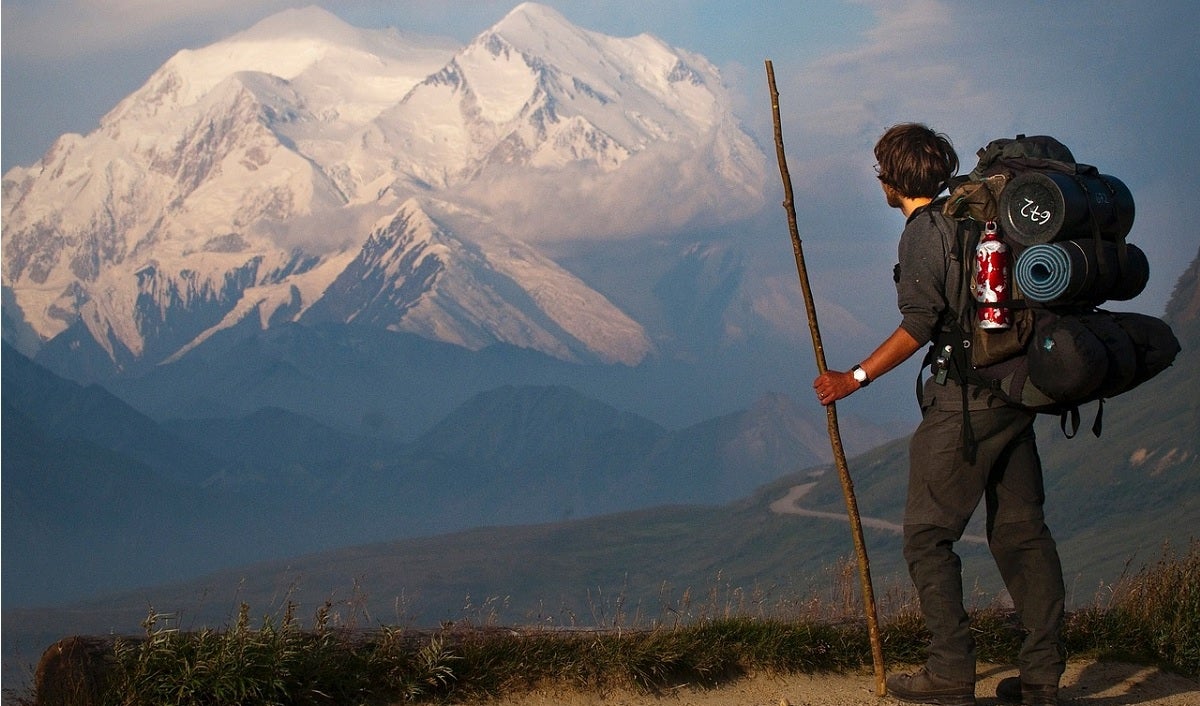
Our Editors independently research, test, and rate what we feel are the best products. We use affiliate links and may receive a small commission on purchases.
Those who have had the pleasure to try hiking know and understand how strenuous, albeit rewarding this task can be. You trek across miles of rough terrain, slippery slopes, and steep landscapes, with little regard for rain, sun, wind, or snow, and you bask in the immense beauty of the nature that engulfs you wherever your eyes land.
Although hiking implies a steady, balanced pace, it still requires strength, balance, endurance, and stamina. Especially if you’re up for a hiking challenge that will last a few days and you’re about to camp under the stars and carry all of your essentials with you.
Hiking is indeed a wonderful way to reconnect with nature, yourself, and your loved ones, as well as a brilliant way to get in shape. However, too many people give up on hiking because they’re not sure how they should structure their nutrition or other surrounding habits that can support their hiking goals. Here are a few vital dietary tips to improve your nutrition before, during, and after hikes, so that you can reap the rewards and prevent any injuries in the process.
Calculate and plan your meals
Of course, no beginner hiker will ever set out on a multi-day hiking journey on rough terrain and in an unknown territory. But learning how to plan and calculate your meals will benefit you in the long run, since you’ll be able to determine how much and what kinds of foods you should bring on any hiking trip, and not just “survive” Bear Grylls-style, but actually enjoy your adventure, satiated and healthy.
Two of the worst possible things you can do food-wise for your hiking trips would be to bring too much food and burden yourself with a heavy load you won’t get to use at all, or to not bring enough food so you’ll either feel hungry or have to cut your trip short. In any case, calculating calories and your macronutrient needs for each trip and making sure you’re set is best learnt early.
Mind your micronutrients
In addition to your fat-protein-carb intake, you should remember that certain vitamins and minerals play vital roles in protecting your immune system and allowing you to prevent injuries, sleep and rest properly, and recover from long hours of hiking. Magnesium, for example, is the most frequently neglected mineral in the diet of active people, and consuming enough of this mineral means proper recovery, ample rest, quality sleep, and a slew of other perks for your body.
While it’s difficult to have access to the finest food sources of magnesium while you’re hiking, you can bring magnesium tablets with you and have access to this mineral on the go. It’ll help you keep those muscle cramps and soreness at bay, keep your mind sharp and focused, and you won’t overload your backpack.
Keep things versatile
Although you won’t really be able to carry a seven-course meal with you to your hikes, you certainly don’t have to limit your hiking days to beef jerky or dried fruit. Even though the two are likely the most common two foods that pop into your mind when you think of hiking and camping, there are so many other options that are equally light for your backpack, easy to consume, delicious, and above all, very nutritious and satiating.
- Nuts and seeds such as peanuts, walnuts, almonds, hazelnuts, pumpkin seeds, cashews, and the like are all packed with nutrients, very filling, and loaded with healthy calories. Pair them with dried fruit, and you have a winning snack combo for any trip!
- Protein bars are a godsend for backpackers and hikers alike, as they are available in a multitude of flavors, and you can easily store them without worrying that they’ll go bad.
- Instant oatmeal also comes in a variety of flavors, it’s easy to store and carry, and you don’t have to worry about spoilage.
Cut sugar in favor of nutrient-dense foods
Carbs are your main source of energy, but calorie-rich, sugary foods are not your best friends for any physical endeavor, since they’ll give you that initial spurt of energy, with that detested energy slump awaiting about half an hour around the corner.
When you’re in need of something to lift your energy and keep you full, think of foods that are loaded with protein, fiber, and healthy fats. Those are the foods that will help you with a steady influx of glucose into your bloodstream all the while giving you the nutrition you need to keep a balanced pace.
Be smart with your water intake
Finally, too many novice hikers forget about drinking enough water. All of your eating efforts aside, none of that nutritious goodness can find its way into your system without ample hydration. Water is necessary for any metabolic process to occur, so always make sure that you can hydrate properly during your hikes.
Hiking is a beautiful way to enrich your time with nature and improve your physical fitness. Keep these dietary tips in mind so that you can embark on any hiking journey with ample knowledge and proper preparation, and stay safe (and full) for every trip you take!
